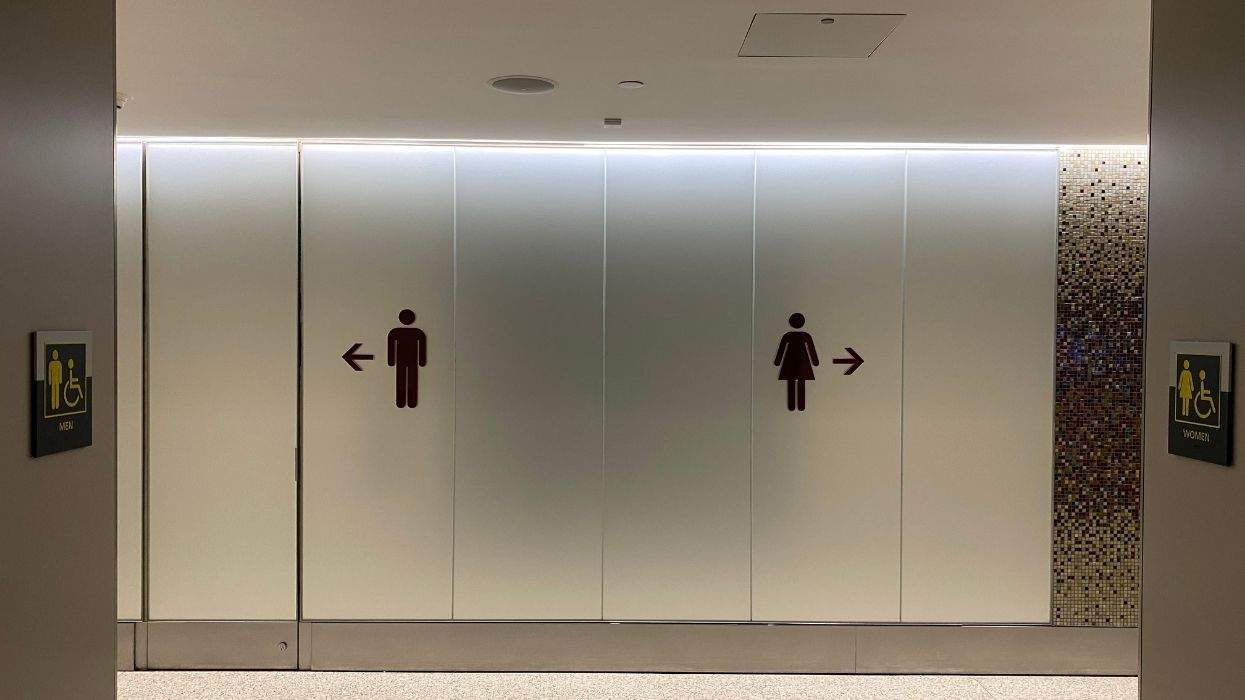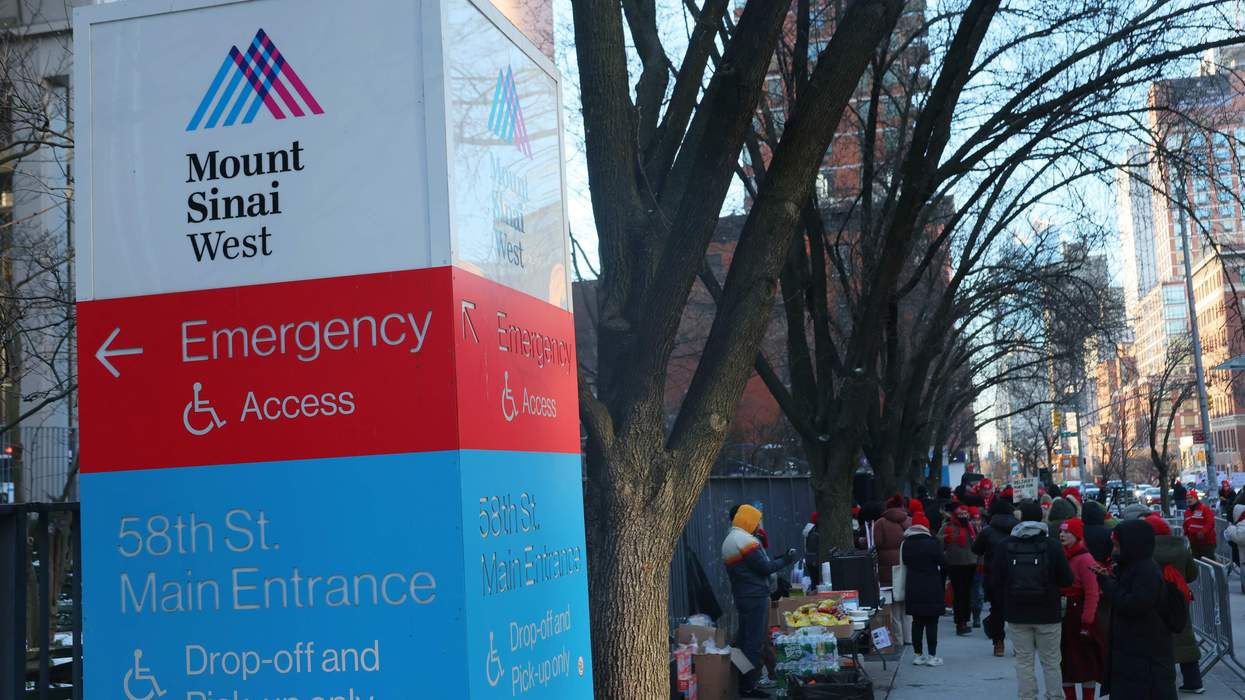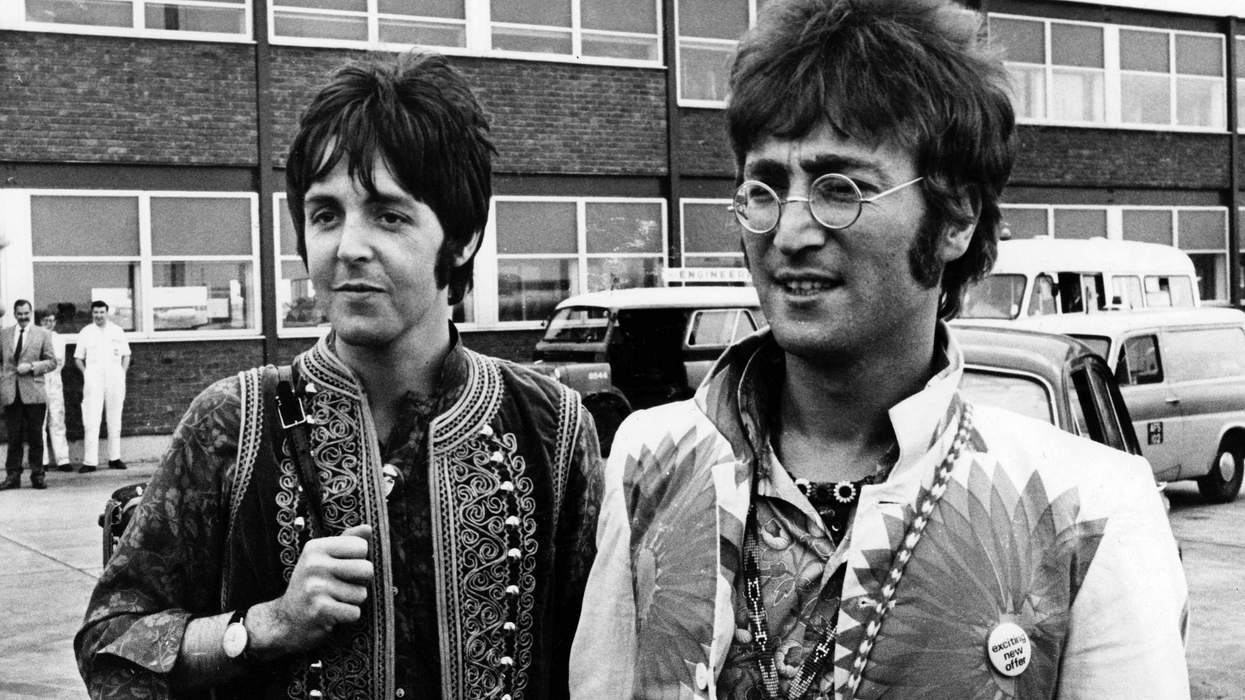A new survey by the American Academy of HIV Medicine shows that nearly twice as many HIV doctors are concerned about the development of drug-resistant infections than are HIV patients, highlighting a possible knowledge gap on the issue among HIVers. The survey of 400 HIV patients and 385 HIV specialists showed 91% of physicians were "extremely" or "very" concerned about drug resistance, compared with 54% of HIV patients. The survey also showed many HIV patients didn't have a strong grasp of precisely what drug resistance is, how it develops, and what it means for treatment of their disease.
Resistance, caused by a change or mutation in the genetic structure of HIV, inhibits the ability of a drug or a combination of drugs to block reproduction of the virus. It can render drugs less effective or ineffective, leading to disease progression and significantly limiting future treatment options. Studies have shown that about 76% of HIV-positive people in the United States who are experiencing treatment failure have a virus resistant to at least one anti-HIV drug.
"While great strides have been made in HIV therapy, resistance to anti-HIV medications continues to be one of the most significant challenges facing patients and physicians today," said Howard Grossman, executive director of AAHIVM, in a press statement. "Everyone living with and affected by HIV should be concerned about drug resistance and aware of current strategies to minimize and manage its development, such as adherence to treatment regimens, use of resistance testing to help select the most active (or sensitive) regimen, and selection of agents with a high genetic barrier to resistance. Ongoing patient-physician communication and education are both essential to successful implementation of these strategies." (The Advocate)















Charlie Kirk DID say stoning gay people was the 'perfect law' — and these other heinous quotes
These are some of his worst comments about LGBTQ+ people made by Charlie Kirk.